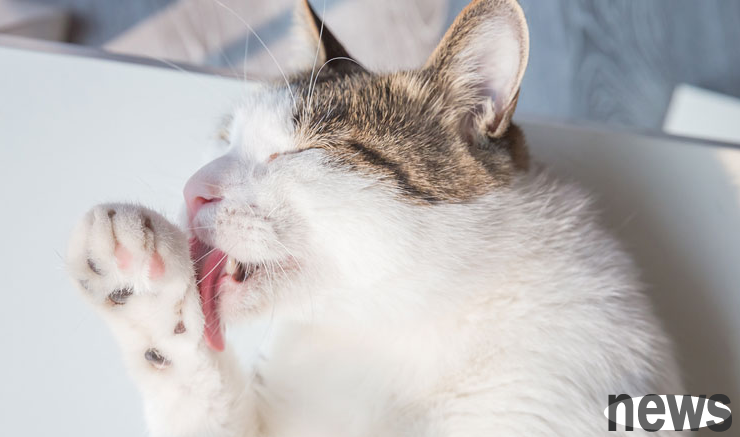Why do cats like to lick their paws? Cats licking their paws can be a self-protection behavior, as licking their paws can help them keep their paws clean and can also help them remove residue from their paws, thus keeping their paws soft and smooth....
Why do cats like to lick their paws? Cats licking their paws can be a self-protection behavior, as licking their paws can help them keep their paws clean and can also help them remove residue from their paws, thus keeping their paws soft and smooth. Additionally, licking your paws can help your cat keep your paws healthy as it helps you ensure that the hair on your paws does not overgrow.
For your own hygiene and safety
Cats are very hygienic animals, and their paws are used to walk and prey every day. The paws may contain a lot of bacteria. If they are not removed completely, it will affect the cat's own health.

It may be because its paws are sick. Animals have the habit of licking their wounds. Cats' saliva contains elements to treat wounds. If there are some minor injuries, cats' saliva can cure the injury. If you see your cat licking your paws frequently, the cat owner should check if there is a serious infection in the paws. At this time, you should send the cat to a pet hospital for treatment and check whether the cat's paws are sick.
A cat is a kind of self-entertainment
Cats are animals that like to play. When they are bored, they will lick their claws. Just like we humans fiddling with our nails, cats are relaxing themselves. The magic of the cat's tongue is that there are many small barbs on its tongue, and these small barbs have many very practical functions.
We can see that when a cat drinks water, it does not drink water with its mouth, but uses its tongue to scoop water. These barbs can act as a water scoop, which can scoop more water at once and improve the efficiency of the cat drinking water.
In addition, these barbs act as a comb when combing their hair. Rows of barbs are like combs, making the cat's hair look smoother. The last function is to act as a taste organ, distinguish the taste of food through barbs, and determine what can be eaten and what cannot be eaten.